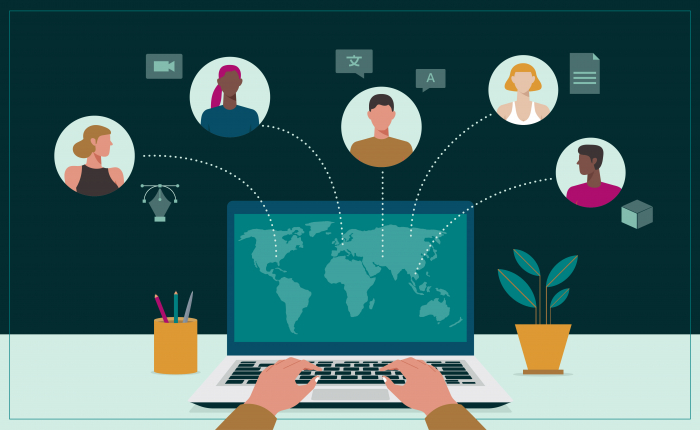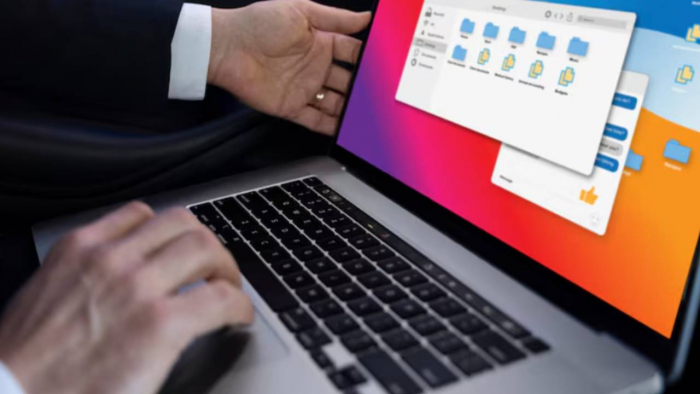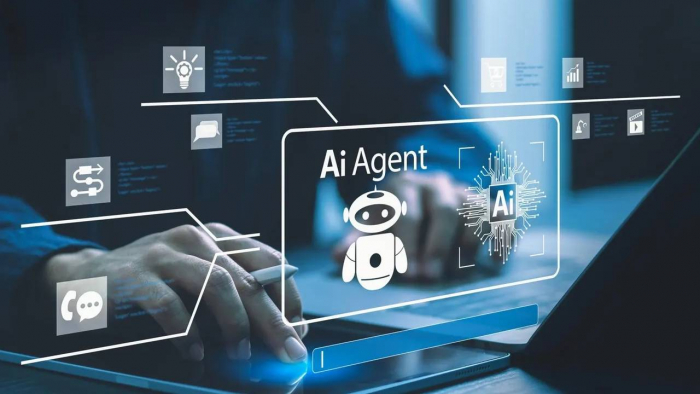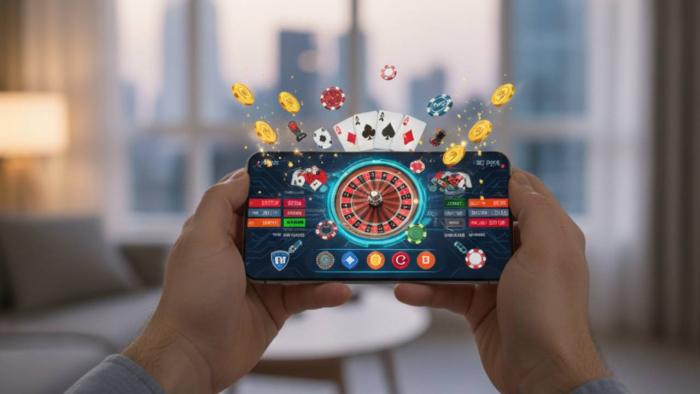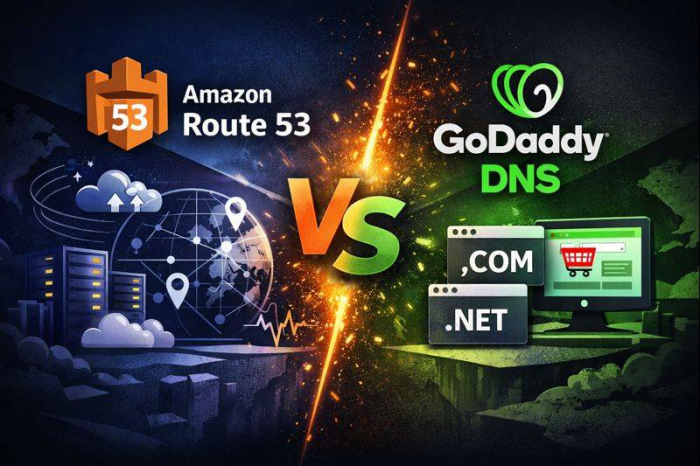Table of Content
- The Rise of AI Career Coaching
- Why I Started Using an AI Career Coach
- How AI Career Tools Changed My Job Search
- Where AI Fell Short in My Career Journey
- Blending AI and Human Mentorship
- The Future of AI in Career Development
- Practical AI Prompts for Career Growth
- My Takeaway After Using AI Career Coaches
I remember the first time I tested an AI career coach. I had just updated my resume, uploaded it to a platform, and within seconds, the bot flagged missing keywords, suggested stronger verbs, and even told me the percentage match for my dream job description. It felt like magic—but also a little unsettling.
That moment made me wonder: could a bot really guide my future, or was this just another tech trend?
The Rise of AI Career Coaching
I’ve watched the career coaching world transform in real time. A few years ago, getting professional advice meant scheduling an appointment, paying a hefty fee, and waiting days for feedback. Today, I can open an app like Jobscan or VMock and get tailored suggestions instantly.
Platforms like LinkedIn’s AI-powered career coach are becoming so mainstream that even discussions on Quora are filled with professionals debating whether this will soon be the norm.
AI doesn’t just skim the surface. It analyzes millions of resumes, job postings, and career trajectories to create personalized recommendations. Instead of generic advice, I now see targeted insights that feel almost custom-built for me.
Why I Started Using an AI Career Coach
When I considered pivoting careers, I didn’t know where to start. Traditional coaching felt expensive and time-consuming. I wanted fast, affordable guidance. That’s when I turned to AI.
I stumbled upon a thread on Reddit’s r/careerchange where people shared how they used AI tools to guide their job switch. Reading those stories gave me the confidence to experiment.
The advantages became clear:
- I could access advice 24/7 without waiting.
- I paid a fraction of what a human coach charged.
- I received data-driven recommendations I wouldn’t have spotted on my own.
It wasn’t perfect, but it gave me momentum at a time I felt stuck.
How AI Career Tools Changed My Job Search
I started experimenting with different platforms. Each one brought something new to the table:
- Resume Optimization – Jobscan highlighted missing keywords, increasing my chances of beating applicant tracking systems.
- Job Matching – LinkedIn AI suggested roles outside my radar, showing me transferable skills I hadn’t considered.
- Interview Practice – VMock simulated interviews, giving feedback on my tone and clarity.
- Skill Development – Coursera’s AI-driven recommendations nudged me toward courses that aligned with industry trends.
These tools didn’t just save me time; they gave me confidence. I felt like I had a secret weapon backing me up.
Where AI Fell Short in My Career Journey
But I quickly realized AI had its limits. When I felt overwhelmed or uncertain, the bot couldn’t comfort me. It couldn’t read my hesitation or reassure me when I doubted myself.
That’s when I understood the gap:
- No emotional intelligence – The bot delivered facts, not empathy.
- No networking insight – Career success often depends on relationships, something AI can’t build for me.
- No contextual depth – A human coach knows industry quirks and can share stories from experience.
AI gave me the how, but not the why.
Blending AI and Human Mentorship
Instead of choosing one over the other, I began using both. AI became my digital assistant, handling the technical prep work, resume scans, skills assessments, and interview practice.
My human coach became the strategic guide, helping me navigate emotions, workplace politics, and long-term vision.
I like to think of AI as my GPS and my mentor as the driving instructor. One gives me directions; the other teaches me how to steer with confidence.

The Future of AI in Career Development
The numbers tell a clear story. The AI in education and career services market is projected to grow from $3.68 billion in 2023 to $25.7 billion by 2030 (Grand View Research). With remote work and automation reshaping industries, more people will turn to AI for guidance.
From what I’ve seen, AI career coaching won’t replace humans—it will become a standard part of job hunting. Just like LinkedIn didn’t kill networking but expanded it, AI won’t end mentorship. It will amplify it.
Practical AI Prompts for Career Growth
One of the most powerful ways I used AI was by asking it the right questions. If you want to get the most out of AI coaching tools, here are prompts you can try:
For Career Coaching
- “Analyze my resume against this job description and suggest improvements.”
- “Identify three industries where my current skills could be applied.”
- “Create a 30-day career development plan for me based on my background.”
For Job Switching
- “Suggest career paths that fit someone moving from [current role] to [desired role].”
- “What transferable skills from my current job would appeal to recruiters in [new field]?”
- “Draft a compelling LinkedIn summary for someone transitioning careers.”
For Career Growth
- “What skills will be in demand in my industry over the next five years?”
- “Recommend online courses that match my current role and future ambitions.”
- “Simulate a behavioral interview for a mid-level manager role.”
These prompts turned AI from a passive tool into an active career partner for me.
My Takeaway After Using AI Career Coaches
So, can a bot really guide your future? From my own journey, I’d say: partially, yes.
AI gave me speed, clarity, and data-driven insights. But when it came to building confidence, navigating emotions, and making big-picture choices, I still needed human wisdom.
The real power lies in blending both. AI does handle the heavy lifting. Humans bring heart, nuance, and experience.
That’s the future of career coaching, a partnership between tech and empathy. And honestly, I wouldn’t want it any other way.
Post Comment
Be the first to post comment!
